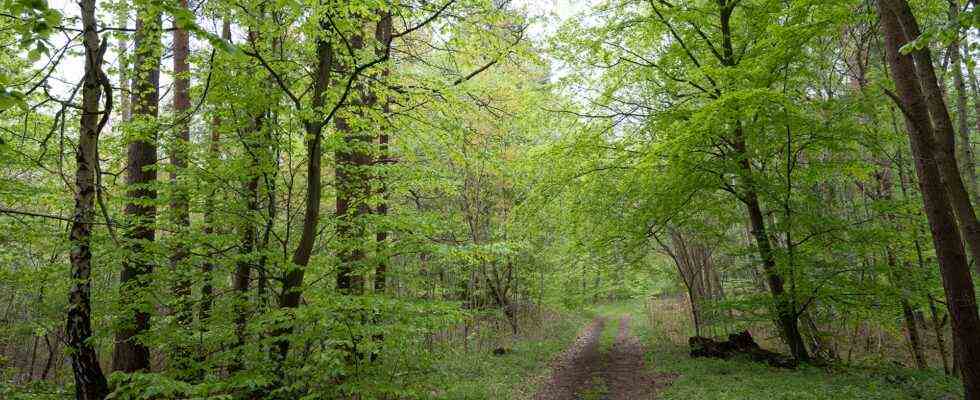Status: 11/17/2021 5:45 p.m.
The EU Commission wants to use stricter rules to ensure that forests are protected from deforestation and that the export of waste to third countries is more strictly regulated. The member countries still have to agree.
Anyone who eats a steak in Berlin, drinks a coffee in Rome or buys a leather jacket in Paris can damage forests in the rest of the world. Because in order to manufacture such products for Europe, trees are cut down elsewhere. But not for long. “In order to survive in the fight against the climate crisis and species loss, we have to take responsibility at home and in our international relations,” says the deputy head of the EU Commission, Frans Timmermans. “Our proposal does just that. It aims to reduce Europe’s contribution to deforestation and promote sustainable consumption.”
Complete evidence required
To this end, importers of certain products will in future have to prove that no forests were destroyed during production. It’s about soy, beef, palm oil, wood, cocoa and coffee and related products: leather, chocolate and furniture. The list is not exhaustive and further products could follow after a review.
The companies have to prove along the entire supply chain that products do not come from areas where deforestation has been taking place since the beginning of the current year. To do this, the importers should record the geographical coordinates of the corresponding areas. Stricter controls apply to countries of origin where the risk of illegal deforestation is considered to be particularly high. The production of the goods must comply with the laws of the country of origin.
Environment Commissioner “overjoyed”
“We cannot call on our partners to adopt ambitious climate policies and at the same time support deforestation,” said EU Environment Commissioner Virginijus Sinkevicius. “I am overjoyed that our Litter and Deforestation Policy is the most ambitious ever introduced.”
That is what we need: In the past 30 years, according to the Commission, 420 million hectares of forest have been cleared worldwide – an area that is larger than the entire EU. Because trees store the greenhouse gas CO2, forest protection is crucial in the fight against climate change. At the climate summit in Glasgow, more than one hundred countries pledged to stop deforestation by 2030.
Fight against illegal waste exports
The EU Commission’s nature conservation package also contains stricter measures against illegal waste exports. “We are proposing much stricter rules for garbage exports to non-OECD countries and better monitoring for exports to OeCD countries,” said Commission Vice-President Timmermans. “All EU companies that export outside the EU have to prove that they are doing this in an environmentally friendly manner.”
For example, garbage should only be exported to less developed countries if their governments expressly agree and can prove that the waste is being processed in an environmentally friendly manner. Certain exports are to be prohibited in future if environmental problems arise in third countries. Environmental associations have welcomed the proposals for forest protection, but warn of loopholes. Now the 27 EU states and the European Parliament have to discuss it.
No more deforestation – Brussels’ proposals for forest protection and waste exports
Jakob Mayr, ARD Brussels, 11/17/2021 4:43 p.m.

